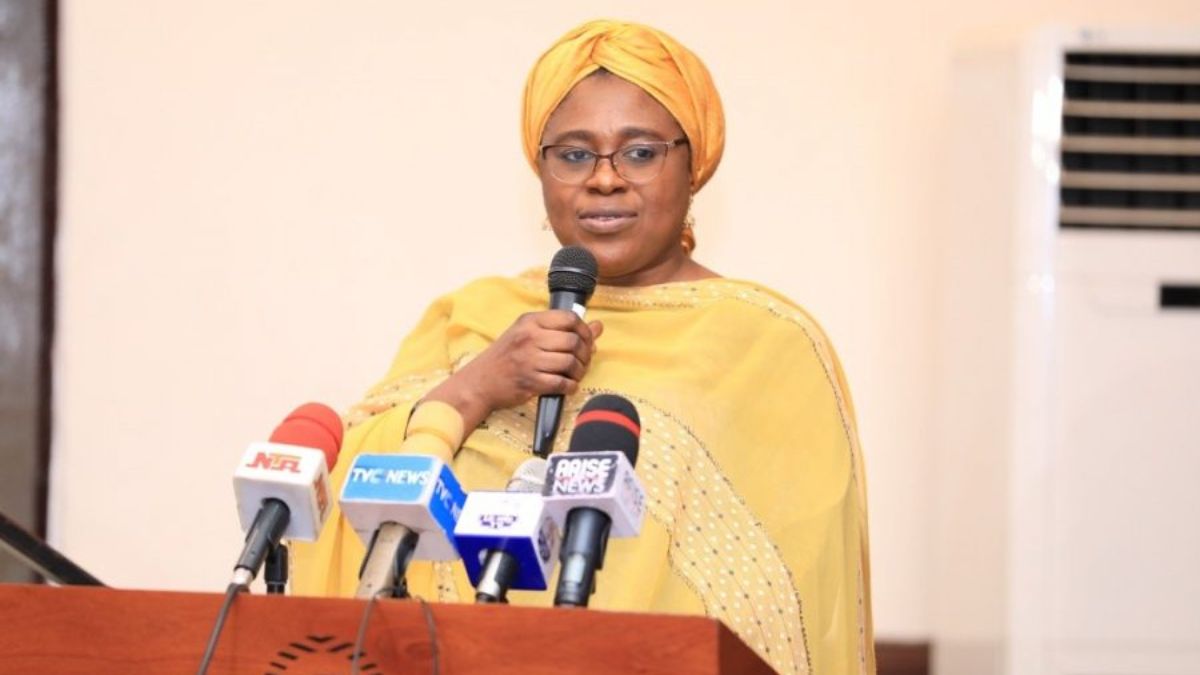Despite government investments, experts emphasize the need for substantial and essential reforms in the Nigerian health sector to regain momentum towards achieving Universal Health Coverage (UHC). They assert that active private sector participation is crucial to ensure coverage, sustainability, and the nation’s growth, development, and progressive prosperity.
At the “Future of Health Conference” in Lagos, themed “The Private Sector as a Catalyst for a Resilient Health System,” experts came together to discuss the pressing challenges and the potential for collaboration with the private sector to establish a more resilient healthcare system.
Dr. Salma Ibrahim Anas, the Special Advisor to the President on Health, stressed the significance of prioritizing and positioning the health sector to be resilient and responsive to the people’s needs. She mentioned the development of the Renewed Hope Health Agenda, which focuses on eight thematic areas to make the health sector more resilient.
She emphasized the need for robust governance frameworks, transparent and accountable mechanisms, and public-private partnerships to drive progress toward UHC and enhance healthcare delivery and access.
Dr. Ali Pate, the Minister of Health, highlighted Nigeria’s transition in the disease burden and the rise of non-communicable diseases. He underscored the importance of investments in manufacturing, logistics, and supply chain strategies, stating that health investments are essential for driving growth and prosperity.
The renewed Hope Agenda aims to improve overall governance, enhance health outcomes for the population, and unlock the value chain of health by involving the private sector in the manufacturing of essential healthcare products.
Vivianne Ihekweazu, the Managing Director of Nigeria Health Watch, recognized the complex dynamics of healthcare delivery in Nigeria, where patients move between the public and private sectors. She emphasized the vital role of the private sector as a catalyst for transformative change in strengthening the healthcare system’s resilience.
The conference also addressed the challenges faced by the healthcare sector, including the high cost of treatment, the need for more accessible and quality cancer care, and the importance of harmonization of procedures and data quality in clinical trials. The synergy between diaspora professionals and the private sector is seen as a pivotal factor in ensuring a healthier and more prosperous nation as Nigeria strives to achieve UHC and overcome healthcare challenges.




